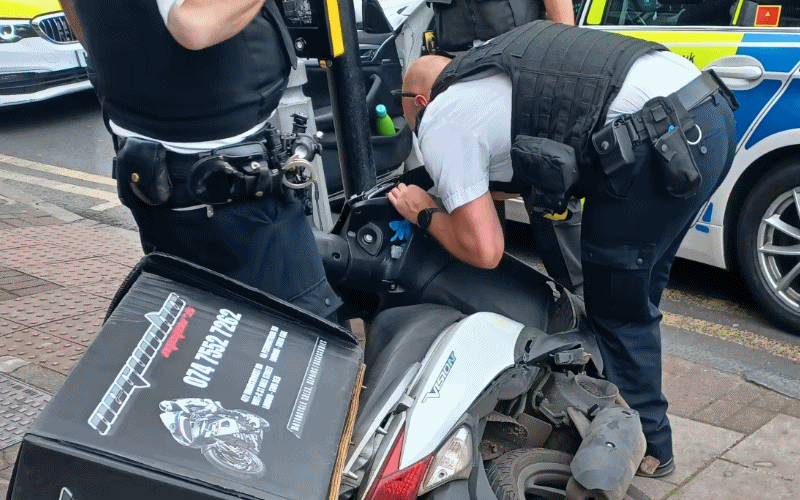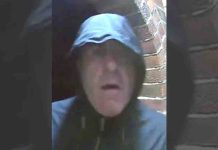More than 80 arrests have been made as part of a three-day operation to tackle violence.
The Metropolitan Police teamed together with four other police forces including neighbouring Thames Valley Police to crack down on criminals involved in the supply of drugs on London’s roads and rail network.
The activity, named Operation Pandilla, also involved officers from Hertfordshire, Surrey and British Transport Police. The five police forces shared intelligence to target high harm offenders.
Criminals often operate on and across the borders of police areas to avoid detection, travelling by rail and road utilising high performance, often stolen vehicles. Some of the vehicles use false plates, crossing multiple police areas in quick succession.
Officers worked in hotspots in the North, East and West of the capital to disrupt the criminals. Teams used a number of tactics, including Automatic Number Plate Recognition and targeted vehicle stops.
The operation, which ran between 26 to 28 April, resulted in (Metropolitan Police Service results only):
85 arrests for knife, weapons, and drugs offences;
28 knives/weapons recovered;
40 drug seizures;
57 vehicles seized;
337 stop and searches.
Chief Inspector Rob Ranstead, who led the operation for the Met, said: “Organised crime, including county lines drug supply and criminals committing burglaries and robberies, are key drivers of violence in our communities. And offenders often exploit and target the vulnerable.
“Tackling violent crime and the supply of drugs is a top priority. The key aim of this operation was to stop drugs and weapons being brought onto the streets. Preventing these crimes, while also safeguarding vulnerable individuals on the cusp of violence, is paramount.
“Our determination remains strong and we will continue to work with our partners, and use every power and tactic available to serve and protect our communities.
“We will continue to deny the use of the roads and railway for violent and predatory people, drug dealers and those involved in county lines gangs and organised crime to operate.’’





